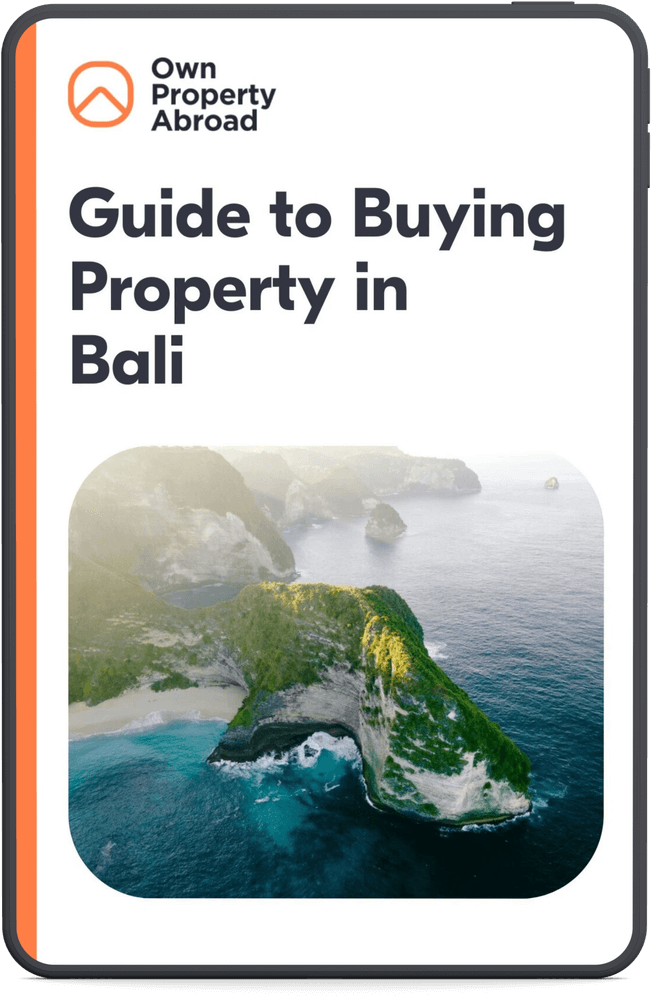The basics of Visa on Arrival (VOA) in Indonesia
The Visa on Arrival (VOA) is a short-term visa in Indonesia that can be obtained directly upon arriving in Indonesia at designated entry points. The VOA in Bali is designed for those who come from countries that do not have visa exemption agreements with Indonesia but are still eligible for on-the-spot visa issuance. The VOA primarily serves tourists but also accommodates certain business activities.
Valuable insights and practical advice, distilled from years of expertise and real-world experience.


- Eligibility: Nationals from over 60 countries are eligible for VOA in Bali and Indonesia. The list includes major economies such as the United States, Australia, the United Kingdom, and many European Union member states.
- Duration: The VOA in Bali and Indonesia is initially valid for 30 days, while it can be extended once for another 30 days without leaving the country.
- Purpose: While primarily intended for tourism, VOA can also be used for government visits, educational reasons, social-cultural visits, and certain business activities.
- Fees: There is a non-refundable fee associated with obtaining a VOA in Bali. The fee is subject to change; hence, it’s advisable to check the latest information prior to travel.
The basics of Electronic Visa on Arrival (E-VOA) in Indonesia
To streamline the process and enhance visitor experience at immigration checkpoints, Indonesia introduced the Electronic Visa on Arrival (E-VOA). This modern variant allows eligible travelers to apply online before their trip, reducing wait times upon arrival.
- Application process: E-VOA applications must be made through an official online portal managed by the Indonesian Immigration authorities. Applicants need to fill out personal information accurately and upload the necessary documents to obtain E-VOA in Bali and Indonesia.
- Payment: Just like its traditional counterpart, E-VOA requires payment of a fee which varies depending on nationality and purpose of visit. Payment is made online during application submission.
- Advantages: The main advantage of Indonesia’s E-VOA lies in its convenience, reducing processing time at airports significantly. Moreover, it offers extra peace of mind knowing that your entry into Indonesia is pre-approved.
- Limits: Similar to VOA, E-VOA is valid for 30 days with an option for one-time extension without exit requirement. Its usage limitations regarding permissible activities mirror those of standard VOAs.
Comparison: Choosing between E-VOA and VOA in Bali
In deciding whether to opt for a traditional Visa on Arrival in Bali or its electronic counterpart when visiting Indonesia, several factors should be considered:
- Ease of process: For those seeking convenience and time efficiency at Indonesian borders, E-VOA presents a clear advantage over traditional VOA due to pre-travel approval.
- Certainty before travel: Applying for an E-VOA provides assurance that you meet all requirements before departure—a safeguard not offered by onsite VOAs.
- Potential wait times upon arrival: Depending on traveler volume at entry points and operational hours of visa-on-arrival counters, obtaining a VOA might involve significant waiting periods compared to pre-approved entry via E-VOA.
Tips for a smooth E-VOA or VOA application procedure
To ensure smooth processing either when applying for an E-VOA or upon opting for a traditional VOA at entry points in Indonesia, here are practical tips:
- Review all documentation requirements well ahead of your planned departure date; incomplete applications lead to delays or denials.
- Prioritize accuracy over haste when filling out forms, whether online or onsite, to avoid complications.
- Budget appropriately, considering both the visa fees and any additional costs that may arise during your stay.
- Maintain flexibility in your travel plans, allowing room for processing times, especially if opting for extensions.
Valuable insights and practical advice, distilled from years of expertise and real-world experience.


Frequently Asked Questions (FAQs)
What is the difference between eVisa and VOA in Bali?
The main difference between eVisa and VOA in Bali is how they are obtained. eVisa can be applied online before traveling to Bali, while VOA (Visa on Arrival) is obtained upon arrival at the airport.
Is it better to get a Bali visa online or on arrival?
Getting a Bali visa online (eVisa) is recommended as it saves time and allows for a smoother entry process.
Do I need VOA for KITAS in Bali?
No, you do not need VOA for KITAS in Bali, as KITAS holders have already been granted a stay permit.
Do I need to pay Tourist Tax when applying for E-VOA in Bali?
Yes, when applying for an E-VOA in Bali, tourists must pay the Tourist Tax as part of the application process.




